|
One of the most complex problems to face, both for school and for parents, but also for society, is early school leaving. This phenomenon is spread across all Europe, in each country for different reasons, developing different dynamics. A few countries are near to 20% of early school leaving cases among students, which is worrying. In this scenario, it is important to understand which actions we can put in place to reduce these cases, but also to prevent them, saving the situation.
The new edition of the course “Preventing conflicts and tackling Early School Leaving” took place in Palermo from 07/05/2023 to 13/05/2023. The participants came from all across Europe, with Ulrika, Katarina and Therese from Stromsunds kommun, Hjalmar Stromerskolan (Sweden), Judith from Institut Francesc Ferrer i Guàrdia (Spain), Britt and Laila from Sandefjord videregående skole (Norway), Eleftheria from Secondary school of Thira (Greece), Dace and Rigonda from Vidzeme Technology and Design Vocational School (Latvia), Maria Isabel, Lucia, Maria Cristina and Maria Manuela from Agrupamento de Escolas de Anadia (Portugal). On the first part of the training course the participants had the opportunity to know each other through an outdoor icebreaking activity. Then, an introduction on the course methodology followed, as well as a discussion on individual thoughts and opinions on early school leaving. The first topic discussed was the definition of Early School Leaving. The activities of the day focused on the factors connected with early school leaving, in particular: social background, family, individual factors, school. These topics were investigated through a carousel activity. At the end of the day the participants thought about the situation of their countries as far as early school leaving is concerned. The following day, the participants made a recollection of what they learned the previous day, with a focus on the ESL situation in their countries of origin. They then presented their schools to the group and they discussed the best practices to prevent ESL in their schools based on the situation. The main topic of the day was conflict, with a focus on the “VOCAB” approach, the keywords of conflict and on the 5 main different conflict management styles according to Killman theory. During the week, the focus shifted to social emotional learning, empathy and active listening which can be used to improve effectively the environment of the class and to help in identifying problems early. The participants had the opportunity to experiment by themselves these activities and then to think about how to apply new activities and strategies in their classrooms. On the fourth day, the participants learned more about collaborative learning strategies working with the jigsaw method and also a series of Non Formal Education activities about cooperation which could help in preventing early school leaving. During the last part of the training course week, the topic of bullying was investigated as one of the reasons for early school leaving. The focus was also on beliefs and self-esteem. Early school leaving can affect deeply people both on an individual level and as a society, with terrible consequences even in a wider scale. “To prevent” could be the key to helps a lot of students in Europe to succeeded in their studies and their lives. At school we can realise a series of actions and activities to eradicate this phenomenon or at least to put a stop to these increasing numbers. The participants of this edition of the course developed, together with the trainer, a good work environment and they never missed the chance to cooperate and to exchange views and best practices on Early School Leaving in different European countries. |
Welcome to the ELA Blog. Here you will find articles and photos of our courses and have a look at the topics addressed during the week in Bologna, Palermo and Tenerife. You will also have the chance to take a peek at our projects and check out what we have been up to.
Archives
July 2024
Categories |
-
Course catalogue
- 2023-2024 course catalogue
- Soft Skills >
- ICT and New Technologies >
- Inclusion and Diversity >
-
Innovative Teaching Methods
>
- Innovative teaching methods discovery
- Non-formal education teaching methods
- Dual education and work-based learning
- Teaching leadership and entrepreneurship
- Project based learning
- Game based learning and gamification
- Green skills
- Outdoor education
- Outdoor education trekking edition
- Promoting creativity and critical thinking
- Languages and EU projects >
- Preschool >
- Erasmus Plus KA1
- What we do
- About us
- Locations
- Blog
- Contact us
 English
English български
български Čeština
Čeština Español
Español Français
Français ελληνικά
ελληνικά Italiano
Italiano Polski
Polski Português
Português Română
Română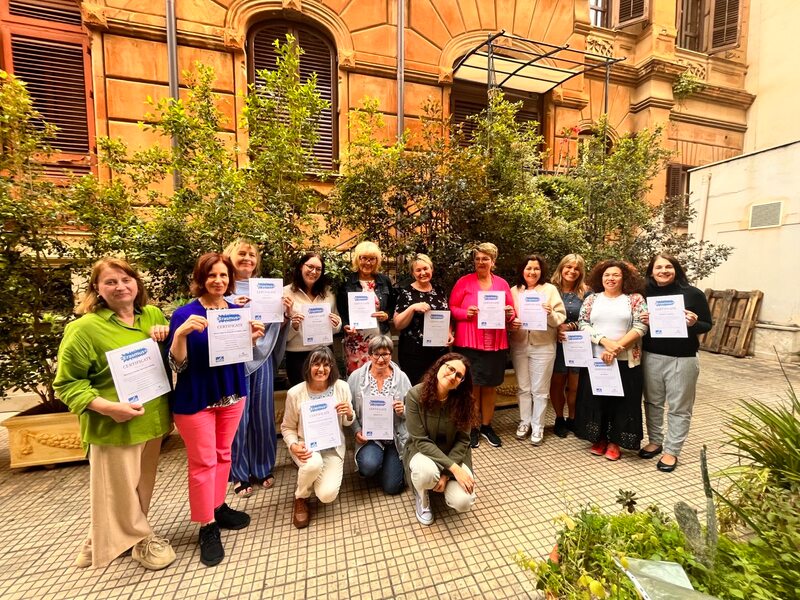
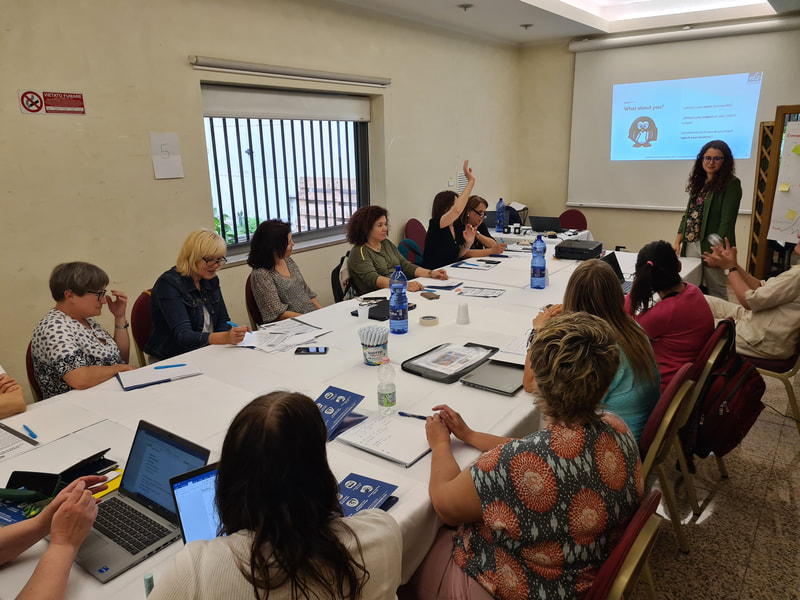
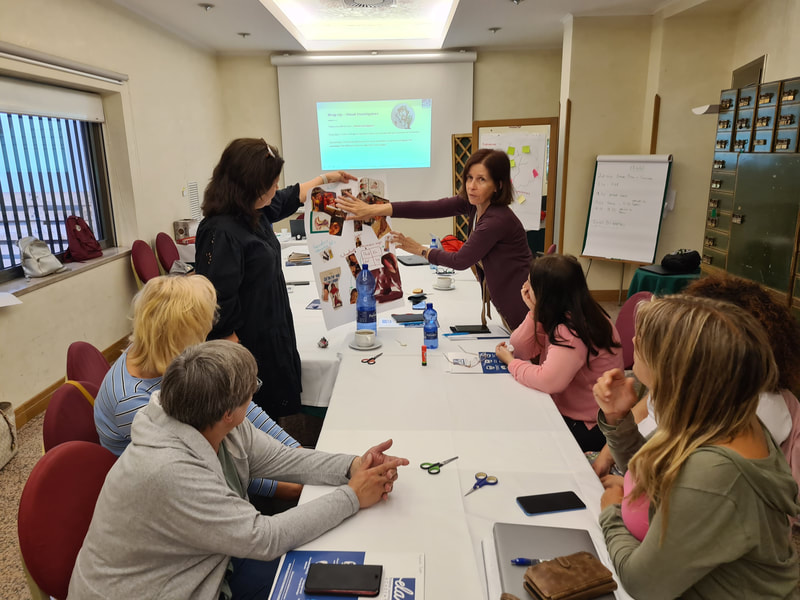

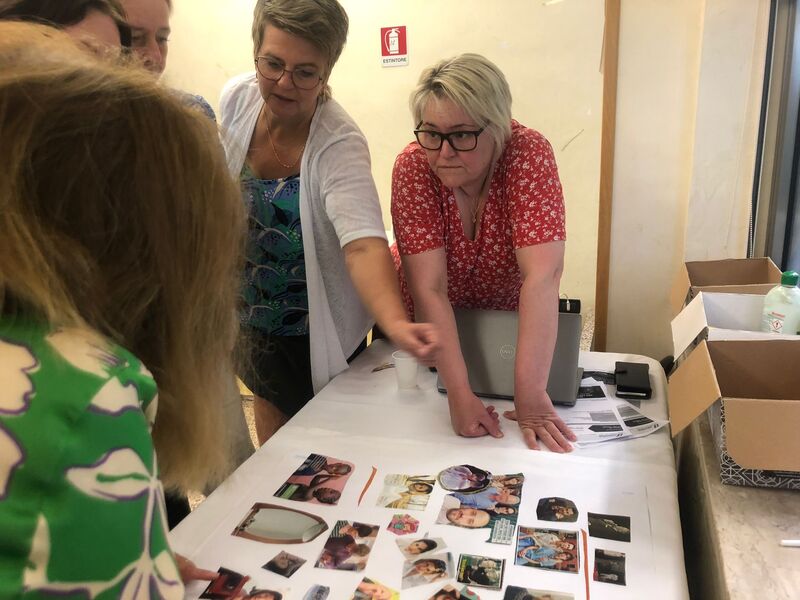
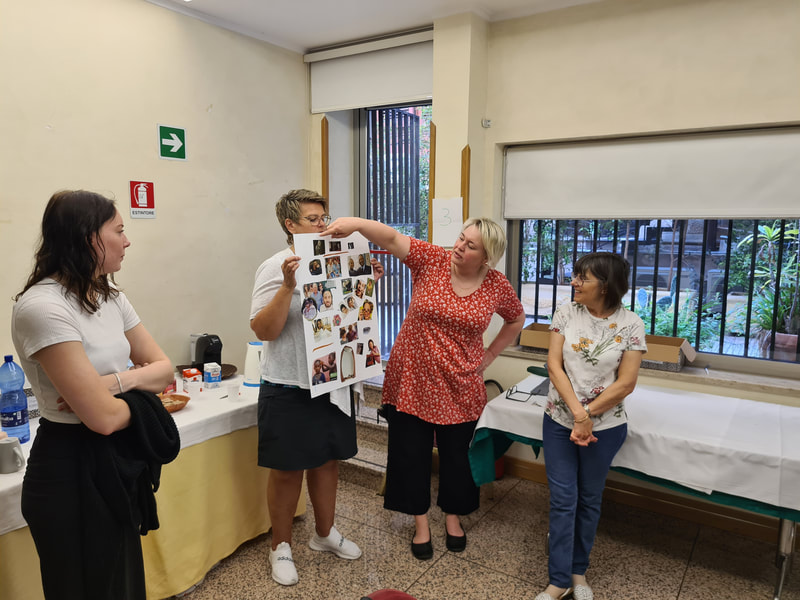
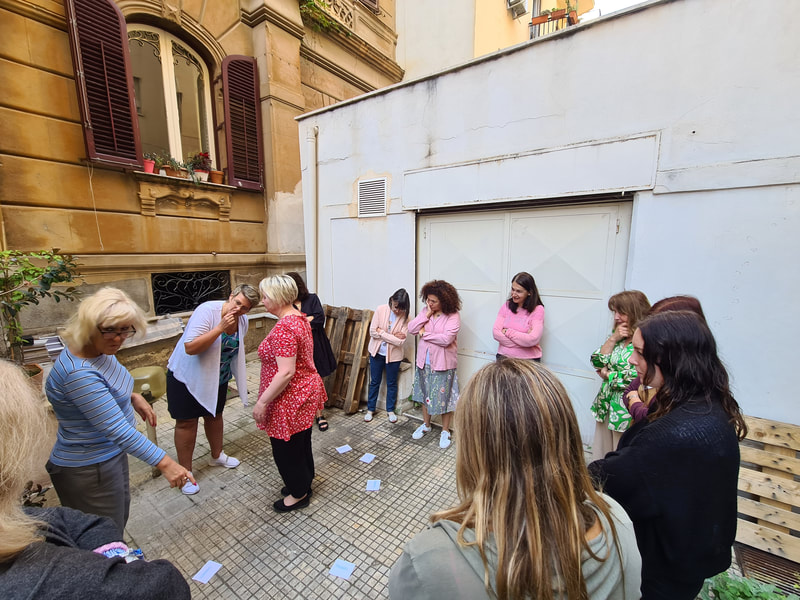
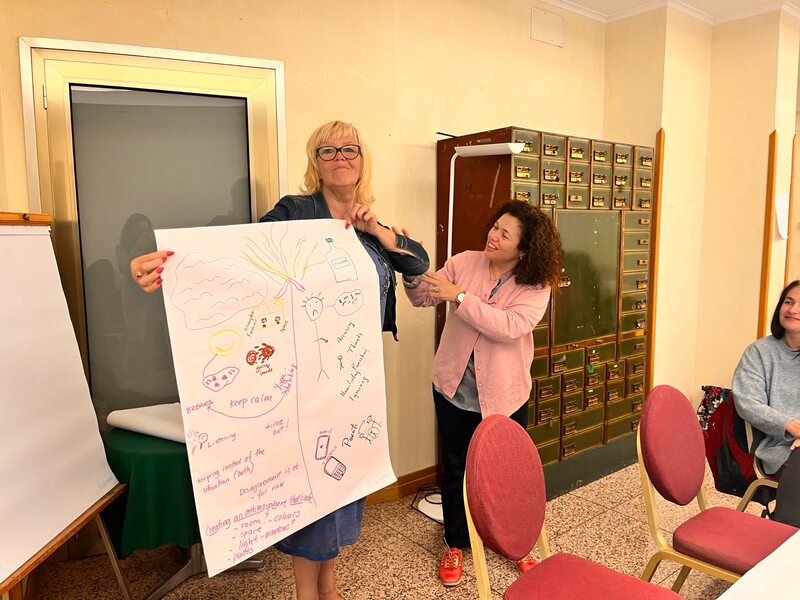
 RSS Feed
RSS Feed









